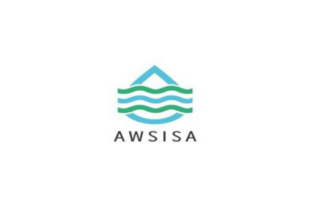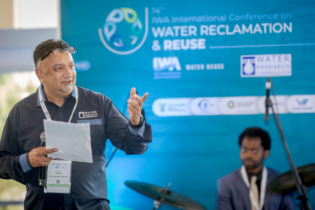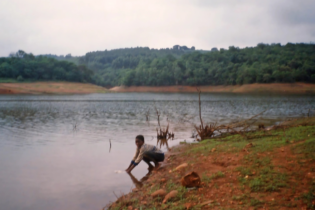Water is indeed a necessity that sustains life and is universally used by all human beings. The lack of it poses a great risk to the survival of humans. The water crisis that has engulfed certain parts of Ghana, especially its capital, Accra, is rather unfortunate. Even Osu, the seat of government, is no exception.
This should be a matter of concern to all Ghanaians. Ghana Water Company Limited (GWCL) is the state monopoly that provides water to every part of the country. When there is water shortage, the ordinary people who the GWCL serves do not care about the explanations being rendered to them by the company except to see water flow through the taps. A serious water crisis was recorded last six years in Cape Coast and that led to the shut-down of some schools. Sanitation there deteriorated and water-borne diseases like cholera proliferated. Last year, the same problem affected several hospitals in the country such as Korle-Bu Teaching Hospital, other Government Hospitals as well as private hospitals. The taps in some areas such as Osu Photo Club, OIC junction and Abebresem Street have not been flowing for the past ten months now. Residents walk long distances in search of potable water in the hours of dawn, carrying either buckets or gallons. This daily routine is tedious. Also, the people engaged in the water business, especially those who sell water from reservoirs, charge so much depending on the size of the container used. The same applies to the water porters who transport water on trucks. Money that could have been saved for the purchase of other important things is being spent on water. Researchers have also observed that increasing population, pollution and inefficient water management are major contributions to the crisis. About fifty per cent of Ghanaians have access to potable water and the rest obtain water from rivers, lakes, streams and wells which is unsafe for human consumption. For this reason, accessibility to water under the Millennium Development Goals (MDGs) would have to increase to about seventy-five per cent in 2015.The Water Research Institute of the Council for Scientific and Industrial Research (CSIR) has stated that Ghana will experience acute water shortage by 2020. Dr Edward Omane Boamah, then Deputy Minister for Environment, Science and Technology, stated at a workshop on “Managing Climate Change Risk” in November 2010, that “hydropower generation will decrease by sixty percent in the same period as all river basins will become vulnerable to water scarcity, adding that the quality of fresh water in rivers and other water bodies would also worsen because expected flood would carry power generation.”
In view of this, what should be the contributions of Ghanaians in seeing to the abundance of potable water in all the parts of the country? Why is it that in the abundance of water bodies like the Volta River, some Ghanaians are still thirsty? Source: allafrica.com





